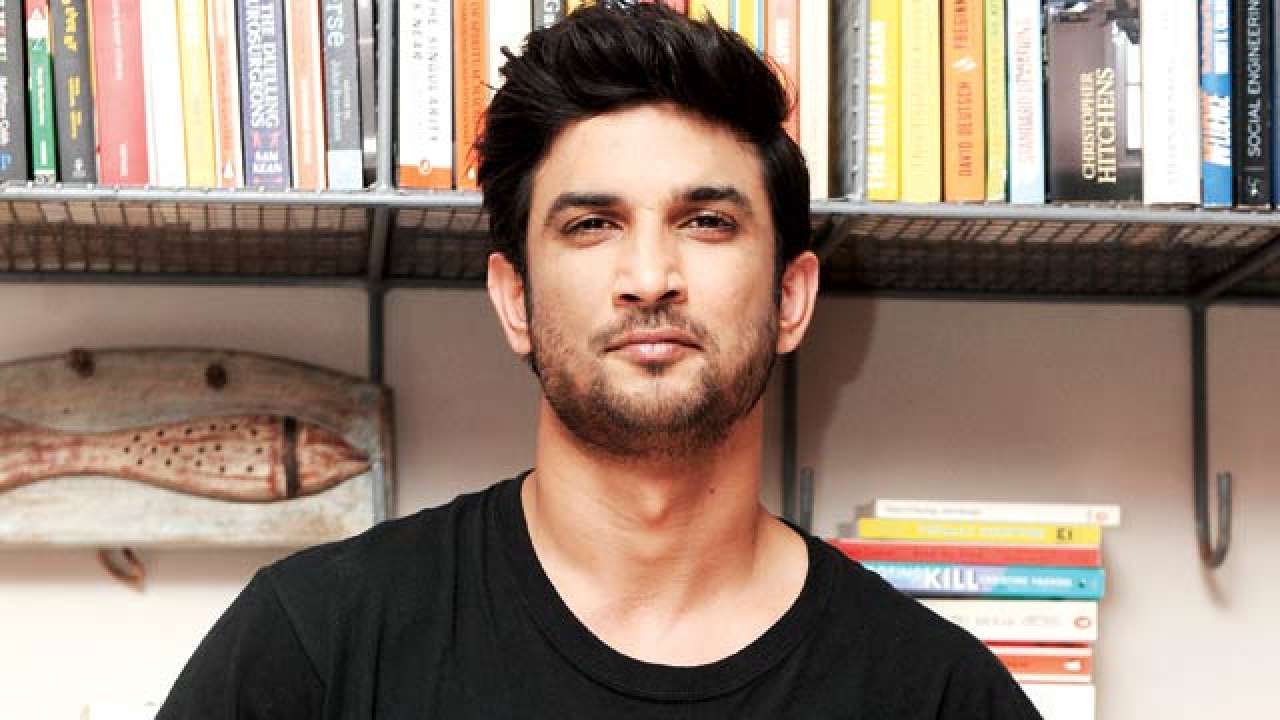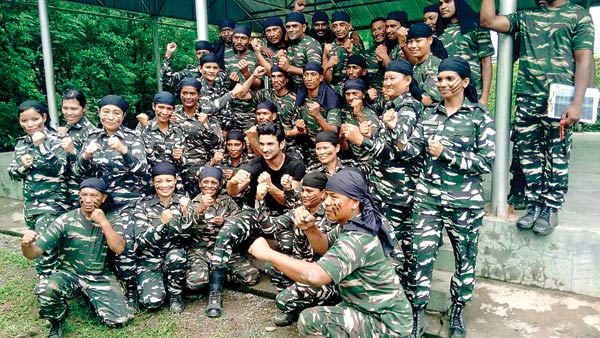
This Independence Day, DNA is doing a campaign titled India’s DNA. The thought is to educate millienials about India’s struggle for freedom through pictures via the Instagram handle indias_dna. Sushant Singh Rajput, the face of the campaign took questions from DNA readers. Read on to find out how it panned out
Sushant: In today’s context, I feel we are connected to each other through the Internet. When an event happens anywhere in the world, it resonates everywhere. We have become more sensitive to each other. And we have become interdependent, we need to change the definition of independence. Because of freedom — in terms of what you want to do, what you want to say, how you want to say it, freedom of speech and the non-linear complex system, the butterfly effect happens more. And we are more interdependent so everything that we do or say will be heard more and will effect the entire system. We need to be more careful now.
S: It has to be Subhash Chandra Bose. Because he had his own way of thinking. In 1939, he was almost becoming President of Congress but he could not because as far as I know, Sita Ramaiya was there and they had different ideologies. I am more with the ideology that Subhash Chandra Bose had, when I read now. Of course, I don’t know what was happening then. But right now, if I look back, I am more with his way of thinking. So I would love to play him and know why the Forward Block, the Indian National Army was formed. It’s also a very interesting character to play and understand.

(Sushant Singh Rajput with jawaans in Manipur)
S: It would be 1857 when it all started. The entire generation, at that point of time, was thinking about something... I think what happened with Mangal Pandey and others was the tipping point. It triggered everything and the set-up was all there. For a second, Britishers were actually thinking what to do back then. The first thing is always fresh and new and to experience that, is always fascinating.
S: I have always believed that where you arrive at is not the only thing that’s important. Of course, the Independence of India was extremely important and at that point of time, it was something that everyone wanted. But without taking away much of that feeling, I feel the path that you take to reach there it is also equally important. Whether it is the right way or the wrong way is very contextual, it’s your perspective of looking at things. When Mahatma Gandhi came to India and the Khilafat movement happened, around 1920-21-22, there was non-cooperation movement and for a second, the Britishers were clueless again. Then, Chauri Chaura happened and Gandhiji backed out. He knew the Independence of India was inevitable and it will come, but at the same time, he had to make a point that the way we get it will be a big differentiator in the kind of India we will create post-Independence. That’s a very striking event.
S: I don’t find history boring. I only find those history books boring, which want to make a point and are not just giving facts as they are, but carefully picking and punctuating facts so that they underline the opinion of theirs. Even the same series of events are carefully put together, you will realise that it’s because of this cause, that was the effect. And something else gets emphasised.
S: It only reminds us again and again that we should not take it lightly. With Independence, it’s not just the freedom that you experience but there’s also a responsibility that you need to take. Because this is again a very different set-up. Any democracy with this much population is a first time phenomenon. There’s no reference point to it. There aren’t any guidelines for anyone to function. We’re still figuring out. And thanks to the Internet, we are all interconnected and the more connected we are, the more interdependent we are. It’s just not a reflection of what the majority thinks but it’s only seven per cent of what the public opinion is. Only seven per cent. All the trending topics you see, trying to make a point, are just fractions of those seven per cent. But you somehow get lured by it and get biased. So, it forms opinion rather than just reflecting opinion. We need to be extremely responsible and learn the importance of the struggle of Independence. By knowing the struggle, you will appreciate it more.
It’s a ritual I do every August 15th. I wake up and listen to the Prime Minister talking about the country. I get jalebis also to go along with it. (Smiles) At the same time, I think there will be the Jai Jawaan show where you can see me trying few things that I really liked. I spent some time with the soldiers and it was an extremely liberating experience. I thoroughly enjoyed myself and I even performed all the drills that the soldiers perform. Although I felt I won’t be able to finish it, I actually did. So with the show, I also want to relive those moments. I will be calling a few friends over to show them that I can also make absolutely circular rotis which I did, finish all those obstacle courses and play cricket with the jawaans.